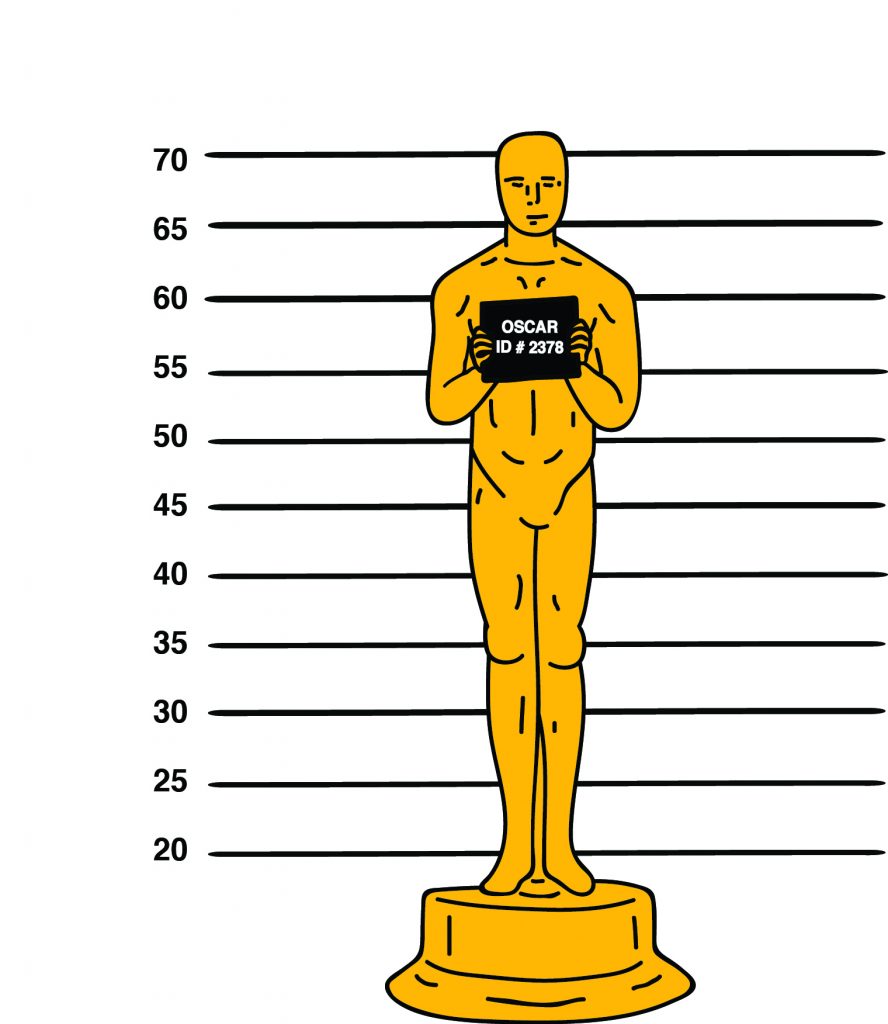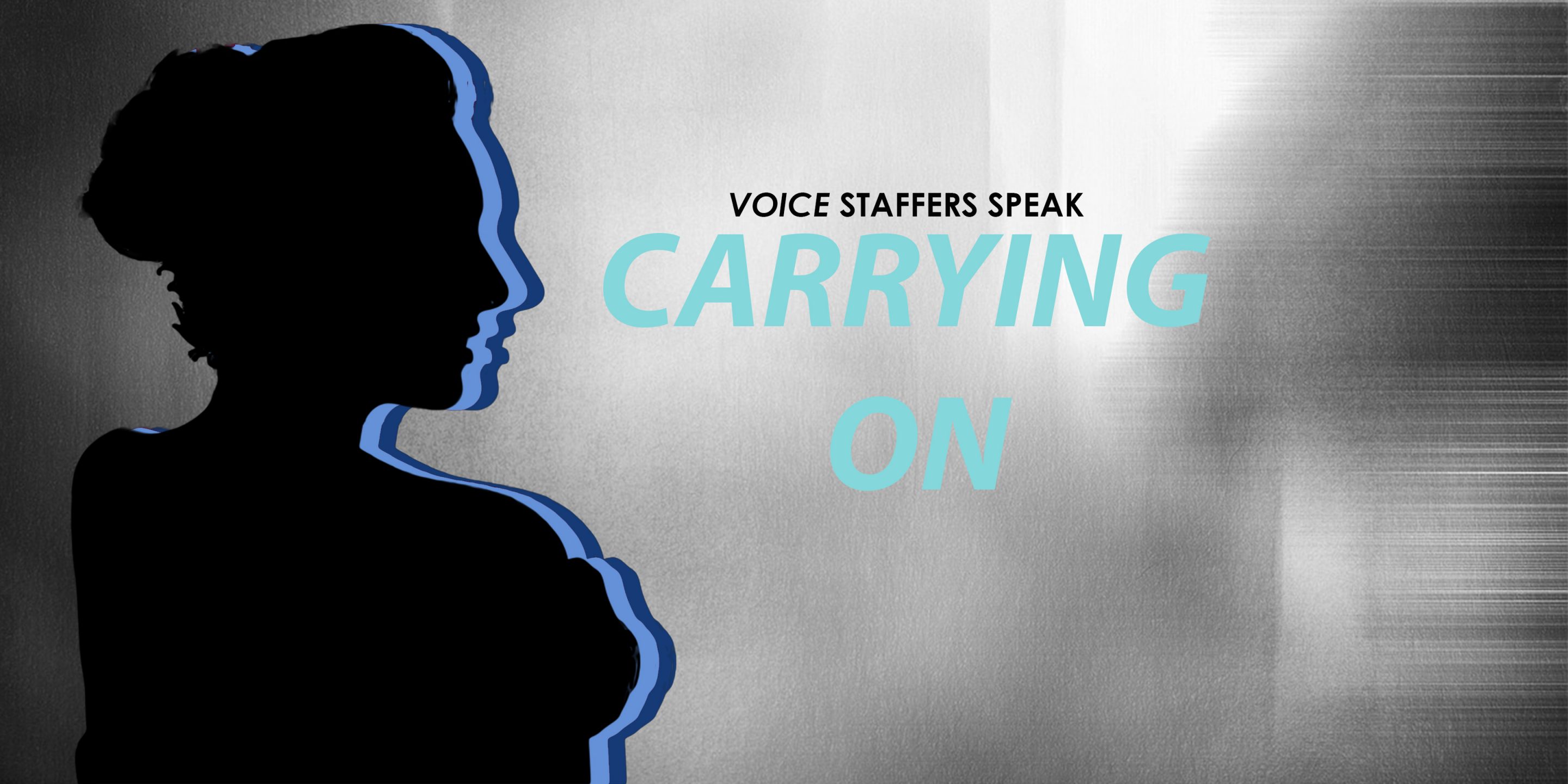I have always been in love with movies. Beautiful, gritty, or suspenseful, it doesn’t matter. When done right, a film has the power to place me in a different world, a world more dazzling, more terrifying, or more outlandish than the one in which I reside. A soaring piece of music, a particularly cutting dialogue scene, or even just a simple gesture has the ability to evoke emotion within the viewer. Movies entangle us in someone else’s reality, making us emotionally invested in a wide array of spellbinding stories.

Max Thomas
As we continue through awards season, a number of films have risen to the forefront. Specifically, Casey Affleck has received widespread acclaim for his performance in Manchester by the Sea (2016). In the film, Affleck appears to be just another layer of the desolate, even mundane, wintry New England landscape. Through his performance, he turns grief, something so often over-dramatized in film—think big sob scenes, rain, a sensational score—into a more muted, nuanced experience while still eliciting a viscerally painful reaction from the audience. His character’s bereavement over the recent death of his older brother momentarily blinds us to his guilt regarding a far greater misery, but Affleck again manages to give us a performance without all the frills and added theatricality often utilized in tragedies. He expresses loss as a constant ache, one people falsely tell you will dull over time. It is a refined, subtle performance that exhibits the appalling pain of reliving, remembering, and experiencing guilt, and how that pain never truly goes away, giving his character a haunted, defeated gaze throughout the film.
After watching Manchester by the Sea, I thought Affleck deserved the Academy Award for Best Actor. This made it difficult to learn of the sexual harassment charges filed against him in 2010, which came to light as a result of the growing success of his performance. I struggled with how I could enjoy Affleck as an actor when he allegedly manhandled and verbally abused two women on the set of I’m Still Here (2010), a movie he directed. Can I separate the art from the artist? It’s not a novel question by any means, but one I feel very much pertains to the 2017 Academy Awards.
Of course, Affleck is not the only offender in this year’s awards season. Mel Gibson—infamous for his anti-Semitic tirade and domestic abuse charges—is nominated for the Academy Award for Best Director. Nate Parker, writer, director, and star of The Birth of a Nation (2016), was well on the road to the Oscars after receiving The Grand Jury Prize at Sundance Film Festival last year. However, with his meteoric success came the ugly reveal of how both Parker and his co-writer for the film, Jean Celestin, were accused of raping a student in 1999. Although Parker was acquitted, Celestin was not, and the case is made even more horrific with the knowledge that the victim committed suicide in 2012. After the grim case came into the public spotlight, the award show committees snubbed The Birth of a Nation. The Academy understandably wants to distance itself from scandal, but then the work of hundreds—writers, cameramen, editors, costume designers—doesn’t get the recognition it deserves. The talent and dedication of many go unrecognized due to the acts of one person.
In an age when the lives of celebrities and those in prominent positions can be swiftly and closely scrutinized through social media, there’s a greater strain on how we view the relationship between art and artist. With this awareness of the far-reaching media, stars have a greater responsibility to uphold their end of the bargain, to realize that being in the public eye carries the responsibility to act respectably. While it in no way lessens the gravity of artists’ wrongdoings, it is crucial not to overlook the importance of the media—because of its scope and rapidity—in cultivating a more black-and-white perception of celebrities’ misdeeds.
We must be able to still enjoy these films for their brilliance and creativity without condoning the behavior of those such as Affleck, Gibson, and Parker. We must stay aware. The Academy should not snub an important film after one actor’s offenses, but when they do recognize a film attached to scandal, they should highlight the issue at hand, promoting a culture that does not tolerate these behaviors. Hollywood should be instigating and nurturing more conversations about its creatives’ off-screen behavior. Awards seasons give us an opportunity to bring crucial, detrimental issues to the forefront of the public’s awareness through acceptance speeches, publicity interviews, and monologues.
Shedding light on issues and sharing untold stories is, after all, a film’s purpose. They make us squirm in our privilege, forcing us to be made aware of tragedies we can only be glad we are watching and not living. Films illustrate the best and worst of humanity: the art form of talented individuals itching to tell stories, perhaps in an effort to escape their own realities.
Caitlin is a sophomore in the College.






